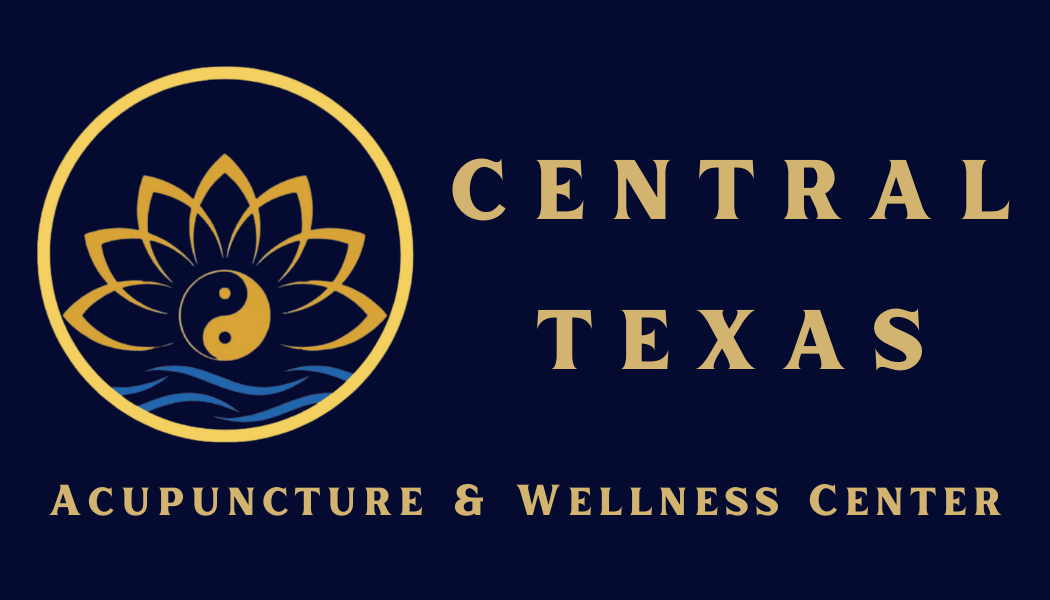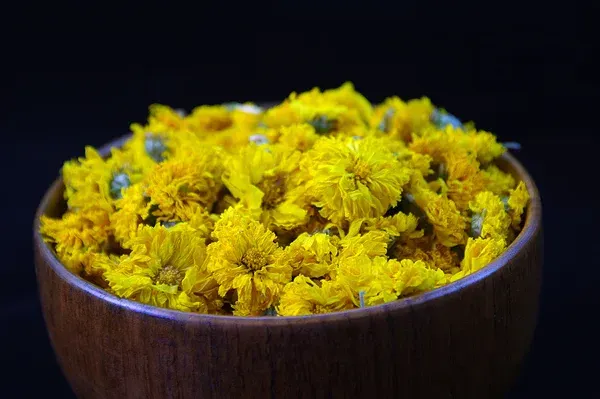The dictionary defines stress in multiple ways, but there is only one that matters when we discuss how stress affects our physical bodies. Stress is defined as a physical, chemical or emotional factor that causes bodily or mental tension. Stress actually does have a function in our bodies, it’s the body’s way of signaling for help or a break in the routine. If we don’t listen to these signals, we can develop imbalances in our bodies, which can lead to illnesses.
Cortisol is the hormone most closely related to stress. Cortisol is a big component of the “fight or flight” response we feel when we are scared or threatened. In small bursts, cortisol is helpful. However, when stress becomes so chronic, cortisol levels become elevated. This puts the body in a constant state of being on edge, eventually causing insomnia, depression, anxiety, digestive issues, and mental illness. Traditional Chinese Medicine (TCM) provides many ways of combating stress and keeping our minds focused.
Here are a few examples of how this ancient medical system can help.

Nutrition for Stress:
Proper nutrition is vital for everyone. But when it comes to stress and focus, nutrition for the kidneys is crucial. The kidneys are the source of our vital essence and if they are damaged, our health will suffer. Foods like black beans, kidney beans, asparagus, plums, blueberries and blackberries are all beneficial for strengthening the kidneys. When the kidneys are strong, we are better prepared to deal with stress.
Acupuncture for Stress:
Acupuncture acts as physical therapy for the nervous system. The tiny needles retrain the nervous system and the brain to behave as it normally should. For the nervous system to act and respond accordingly, cortisol has to be at normal levels and only used when a true “fight or flight” situation occurs. Studies show acupuncture does this.
SLOW YOUR BREATH:
Sounds simple but this is the most important first step as slow, paced breathing has the power to help us regulate emotions.
How to do box breathing
- Breathe out slowly, releasing all the air from your lungs.
- Breathe in through your nose as you slowly count to four in your head. ...
- Hold your breath for a count of four.
- Exhale for another count of four.
- Hold your breath again for a count of four.
- Repeat for three to four rounds.
SPEND SOME TIME IN NATURE:
Another way to restore that sense of safety and belonging is to get in nature. In our technological society we can easily feel disconnected and forget that we are a part of nature - get out, breathe in the trees! Do more outdoor activities - Outside air helps liver qi flow. If you have been feeling irritable, find an outdoor activity to smooth out that liver qi stagnation. Try hiking or take up golf. I enjoy planting and gardening especially in the spring.
Put Some Spring into Your Step
Spring corresponds to the "Wood" element, which in turn is conceptually related to the liver and gallbladder organs. According to the philosophy of Chinese medicine, the liver is responsible for the smooth flowing of Qi (energy) throughout the body. When the liver functions smoothly, physical and emotional activity throughout the body also runs smoothly. So, for optimum health this spring, move your Qi!






